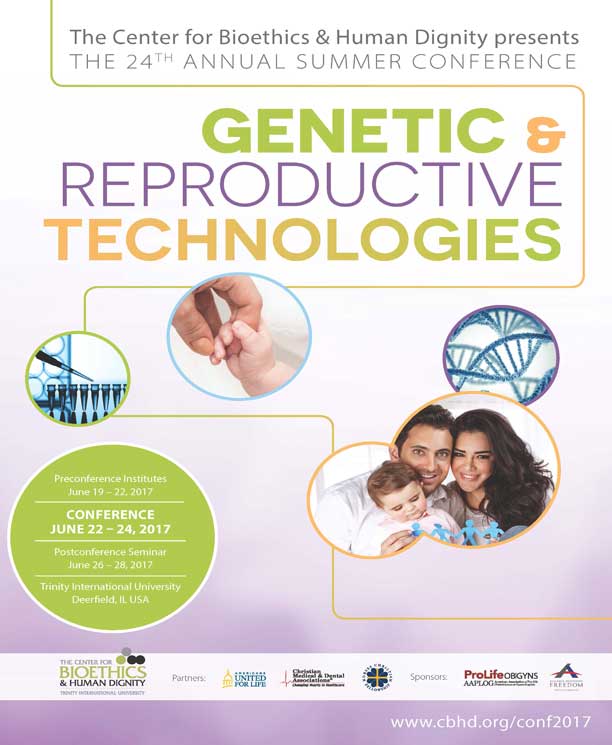
This paper will explore the implications of reproductive and genetic technologies (hereafter “reprogenetics”) on the meaning of what it is to be a human person. The session will specifically look at the anthropological and ontological implications of reprogenetics on the meaning of marriage, parenthood, and the child, seeking to identify what is different in this new way of “building” families, and why it is different from “natural” procreation. A critique of this difference will then be offered, arguing that in vitro fertilization unravels the tightly woven fabric of marriage-union-family, dissolving what is an ontological whole into its constitutive parts and projecting those as complete, ultimately inflicting a grave violence to the nature of the human person as a being created in the image of God. This requires the examination of the nature of marriage and procreation as given by God to man and woman, and the way in which a child emerges from their union as a gift. The session will also explore the implicit but inherent desire for control, perfection, and the elimination of suffering at the heart of reprogenetics (and by extension, at the heart of biotechnology), and the way in which this is antithetical to the human person, who deserves neither to be manufactured nor to have their genome tampered with by other human beings. To articulate what is deeply amiss with reprogenetics, the paper will attempt to recover an understanding of who and what the human being is (as a being created by and for love) and who and what the child is in the context of marriage, as it is inscribed into the sexual difference and the union-fruitfulness characteristic of marriage.